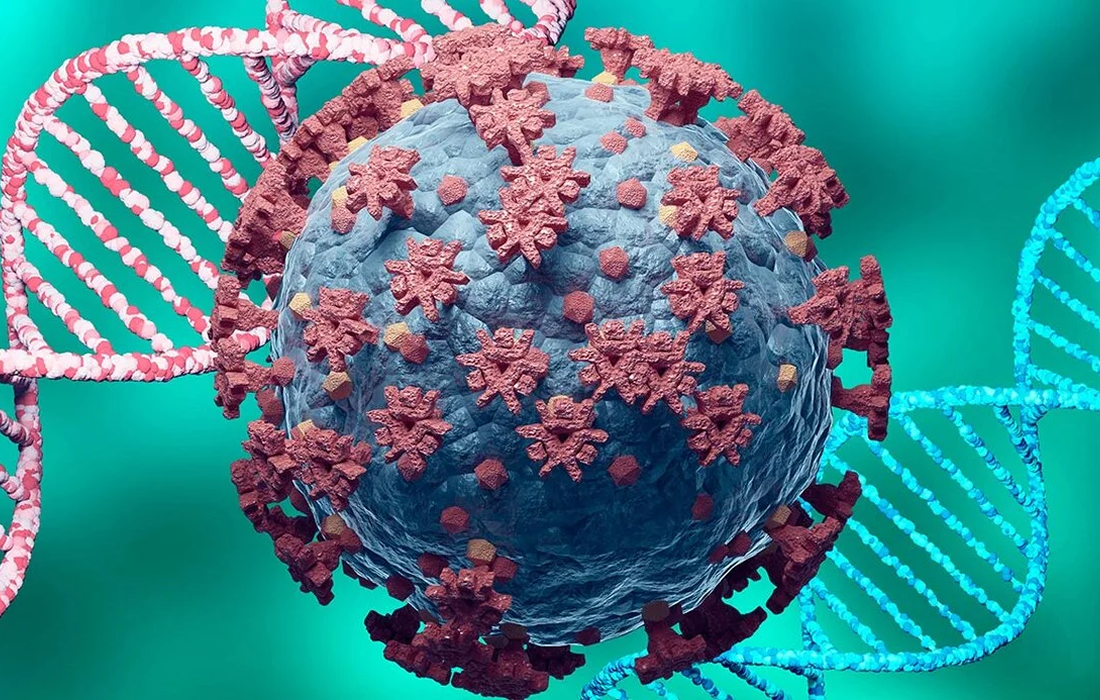COVID-19
Models Propose COVID Reinfeccions Likely Within One or Two Years
The ongoing COVID-19 pandemic has resulted in over 4·5 million deaths worldwide. Approaches to control COVID-19 depend on the durability of immunity conferred by recovery and by vaccination. However, predicting the durability of immunity against the virus causing COVID-19, SARS-CoV-2, remains challenging amid a pandemic.
During the rapid expansion of the pandemic, there have been few documented reinfections relative to the overall incidence. Short-term longitudinal studies of the levels of SARS-CoV-2 neutralising antibodies, at best provide lower bounds for the durability of immunity.
People who have been infected with SARS-CoV-2 can expect to become reinfected within one or two years, unless they take precautions such as getting vaccinated and wearing masks. That’s the prediction of modeling based on the genetic relationships between SARS-CoV-2 and other coronaviruses.
New Study Findings
A new study published in October 1st, 2021 in the journal The Lancet by Townsend and colleagues warn that people could be reinfected in just a few months if they are not vaccinated. The lead author said that “immunity is relatively short-lived” and that “you should get vaccinated even if you got infected.”
They wanted to understand how antibody levels from a previous infection affect the risk of reinfection and used data from an earlier study that evaluated the effect over years of endemic or continually circulating coronaviruses that cause the common cold.
The researchers combined genetic data from SARS-CoV-2, three endemic coronaviruses and the closely related coronaviruses SARS-CoV and MERS-CoV to build a family tree and used it to model how viral traits have evolved over time.
Their findings suggested that the average reinfection risk rises from about 5% four months after initial infection to 50% by 17 months. Natural protection seems to last for less than half as long as it does for the three common-cold coronaviruses.
Conclusions
According to the team findings they concluded that as the COVID-19 pandemic continues, reinfection is likely to become increasingly common. Maintaining public health measures that curb transmission—including among individuals who were previously infected with SARS-CoV-2—coupled with persistent efforts to accelerate vaccination worldwide is critical to the prevention of COVID-19 morbidity and mortality.
There are still many unknowns, including the probable severity of disease when someone is reinfected and individuals can also vary significantly in both their susceptibility to reinfection and, if reinfected, their disease course.
Source:
Lynne Peeples (2021, Oct 19). COVID infections likely within one or two years, models propose. Nature. Retrieved from: https://www.nature.com/articles/d41586-021-02825-8
Townsend, J. P. et al. Lancet Microbe https://doi.org/10.1016/S2666-5247(21)00219-6 (2021).
Image from:

